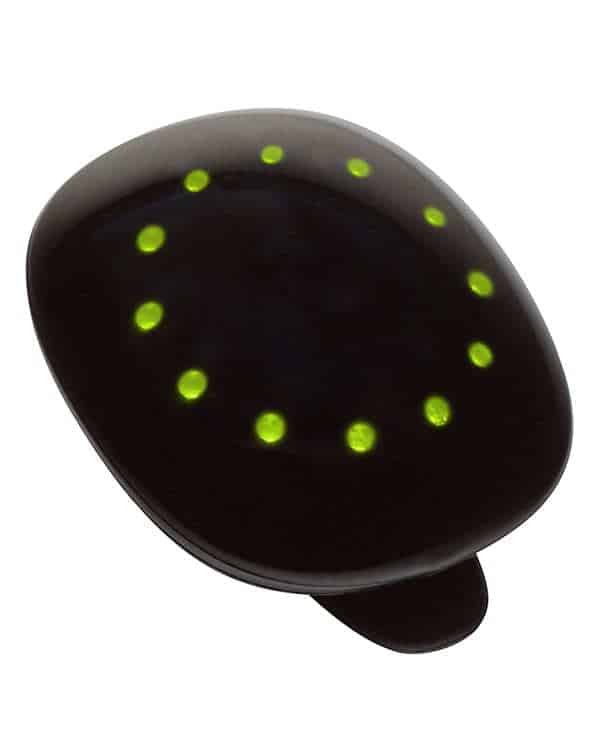In an effort to ensure that medical promises made by wearable technology are trustworthy, they will be subject to regulation.
The idea of putting on wearables such as pedometers, fitness bands, and even smartwatches, before beginning a workout has become relatively commonplace, to the point that there are many people who simply wear their devices all the time, regardless of whether they are awake or asleep.
That said, the more products there are on the wearable technology shelves, the grander their claims seem to be.
The U.S. Food and Drug Administration has had their eye on these wearables and is starting to spot certain important trends. The FDA has identified that there is a fine line dividing serious medical devices and casual wearable technology and it feels that the distinction needs to be made more clearly. When it comes to casual gadgets, it plans to keep its nose out of things, but when medical claims are being made, it will now be providing some oversight and regulation. The hope is that the line will become less blurry so that consumers will know which claims are and are not being made with FDA approval.
The agency has now published a draft guidance with regards to wearables that will be considered to be medical devices.
![]() Although these guidelines have yet to become legally binding, they have been issued in order to be able to obtain some public opinion. At the moment, it feels that “general wellness devices” such as fitness bands and smartwatches that offer broad encouragements for individuals to work harder to keep up with their fitness programs, are not actually posing any kind of public health risk. This means that Aura and Fitbit should be left alone.
Although these guidelines have yet to become legally binding, they have been issued in order to be able to obtain some public opinion. At the moment, it feels that “general wellness devices” such as fitness bands and smartwatches that offer broad encouragements for individuals to work harder to keep up with their fitness programs, are not actually posing any kind of public health risk. This means that Aura and Fitbit should be left alone.
However, where the FDA has become concerned is in areas in which it feels that there is some kind of potential risk, such as when a piece of wearable technology begins to make specific claims about what can be achieved through its use. For example, if a product says that it can be used as a treatment for autism, obesity, or another specific condition, or if it is physically invasive or used as a kind of prosthetic, then those wearables will soon need to comply with the regulations that will be put forward by the FDA.

